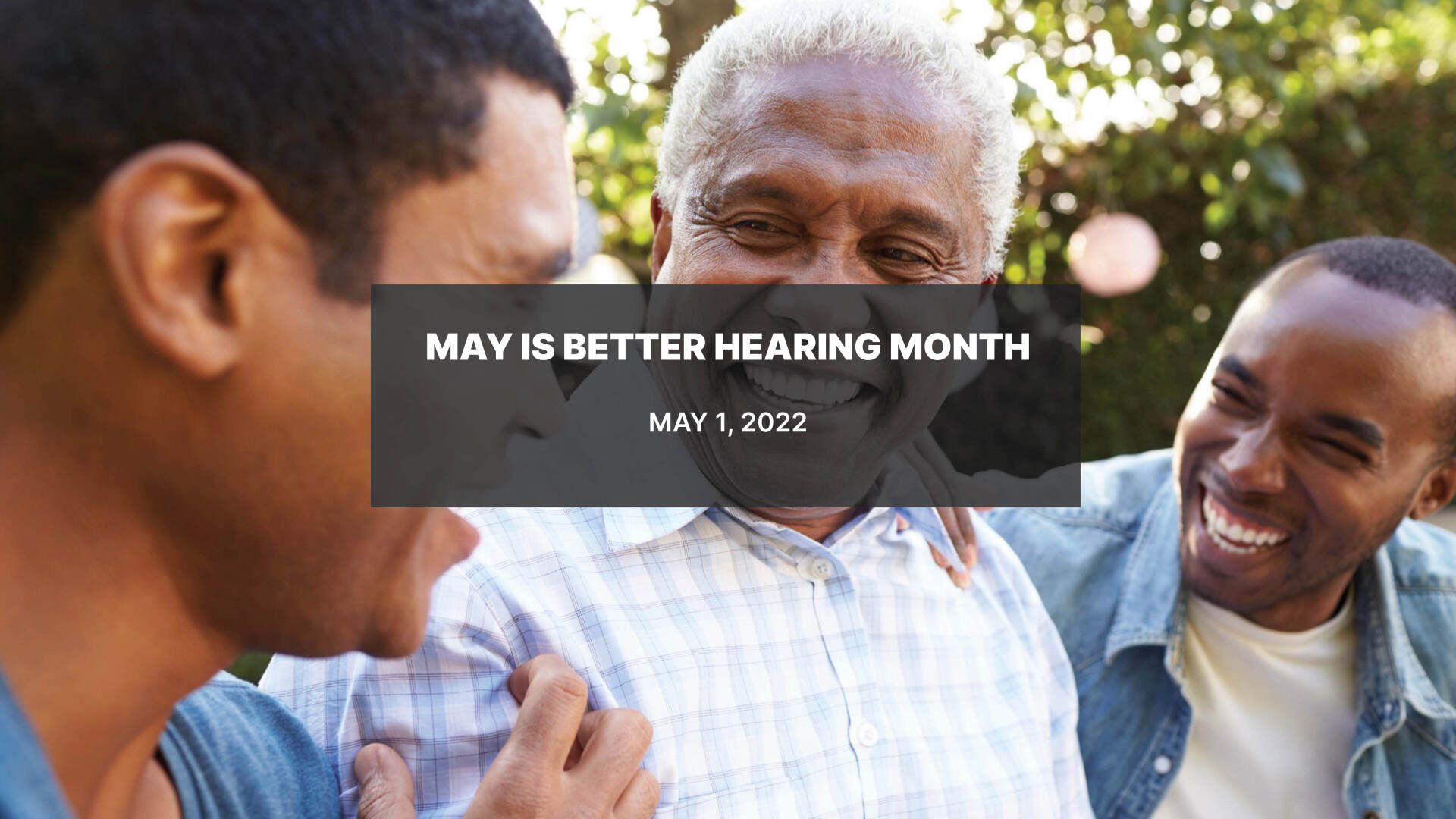
It’s time to shine a spotlight on all the positive steps that can be taken to maintain healthy hearing or to address hearing loss if it has already occurred. Never before in human history have people had so much ability to control a health issue that, in the past, had to be resignedly accepted as an unfortunate fact of the aging process. Today, there is hope!
Actively protect you hearing from a young age
Life can be noisy and each sound that reaches your ears that is more than 70 decibels has the potential to damage your hearing. Very loud, single sounds, like a gun firing, or extended sounds, like 30 minutes on your lawnmower, can damage the tiny hair cells in your ear’s cochlea. These hair cells are part of the delicate infrastructure of your ear that transfers sounds to your brain for processing. And once those hair cells are damaged, there’s not going back. Granted, it can be difficult to shield yourself from all of life’s loud noises, but you certainly do yourself a huge favor by protecting and preserving your hearing whenever you possible. Make daily choices to protect your hearing—decisions like wearing ear plugs for household chores like vacuuming, weedeating, using a hair dryer, etc. If you work in a loud environment, wear ear plugs. Listen to music at a reasonable volume. Added up over a lifetime, these choices make a big difference in how well your ears “age” into hearing loss.
Address hearing loss as soon as it is noticed
Hearing loss often takes place gradually, sometimes over the course of years. This gradual loss can make it hard to detect. Here are some ways to gauge if you are experiencing hearing loss.
- Are you always turning up the volume on your TV or radio?
- Do you shy away from social situations or meeting new people because you're worried about understanding people when multiple conversations and other background noise are going on around you?
- Do you get confused or feel overwhelmed at restaurants or dinner parties?
- Do you ask people to repeat themselves?
- Do you miss telephone calls — or have trouble hearing on the phone when you do pick up the receiver?
- Are women’s or children’s voices difficult to understand or do you accuse people of talking too softly or of mumbling?
- Have you stopped hearing some of the subtle sounds of nature like raindrops or birds singing?
- Do you struggle during meetings at work when multiple people are talking in a conference or board room setting?
Addressing hearing loss at the earliest outset means a host of positive benefits for you. Here are some to consider.
- When hearing loss is left unaddressed for years, your brain actually “forgets” how to hear. Getting hearing aids sooner rather than later, means your brain is not having to reconnect long-dormant pathways.
- Relationships suffer when communication breaks down, and hearing loss can be a culprit in that breakdown. Addressing hearing loss quickly, can help preserve bonds with family and friends.
- Research studies in recent years reveal that the areas of your brain responsible for hearing quickly begin to atrophy when no longer stimulated by sound, putting people at greater risk for cognitive decline and dementia.
- Those 50 and older with untreated hearing loss report depression, anxiety, anger, frustration and emotional instability at a higher rate than those with healthy hear as hearing loss can be socially isolating.
Hearing technology is highly advanced and inconspicuous
Today’s hearing technology is highly advanced with precise programming that adjusts automatically and in microseconds to various and changing listening environments you find yourself in throughout the course of a day. Hearing aids are now rechargeable. No more fumbling with tiny batteries. They are Bluetooth ready, giving you choices for streaming your phone calls and TV shows directly into your hearing aids. And all this advancement is tucked into a tiny, inconspicuous device.
The future is bright for maintaining healthy hearing and addressing hearing loss when it happens. Commit to your own hearing health today and make choices that will help you hear well for a lifetime.




